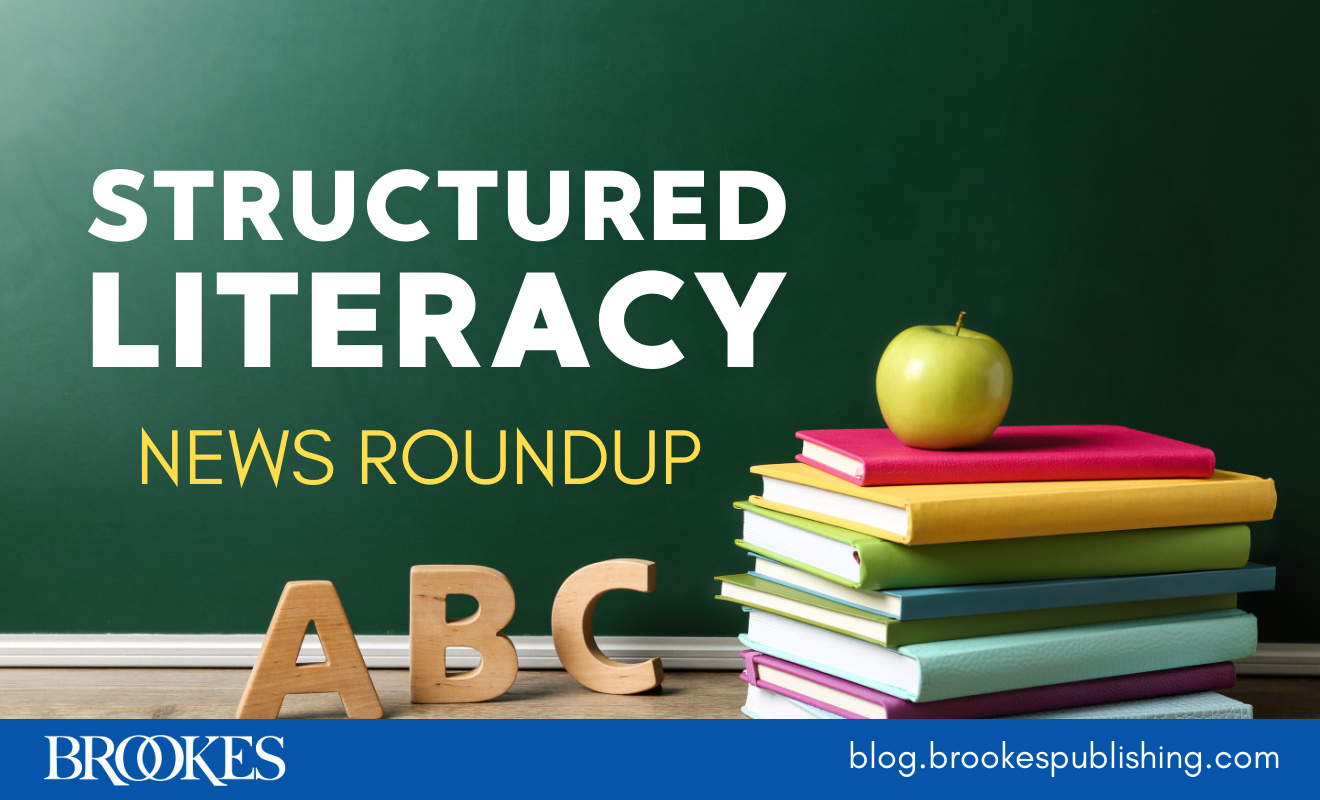4 Benefits of the PSP Approach to Early Intervention Teaming
What’s the most effective way to ensure coordinated, family-centered services for young children and families? The primary service provider (PSP) approach to teaming is a… Read More
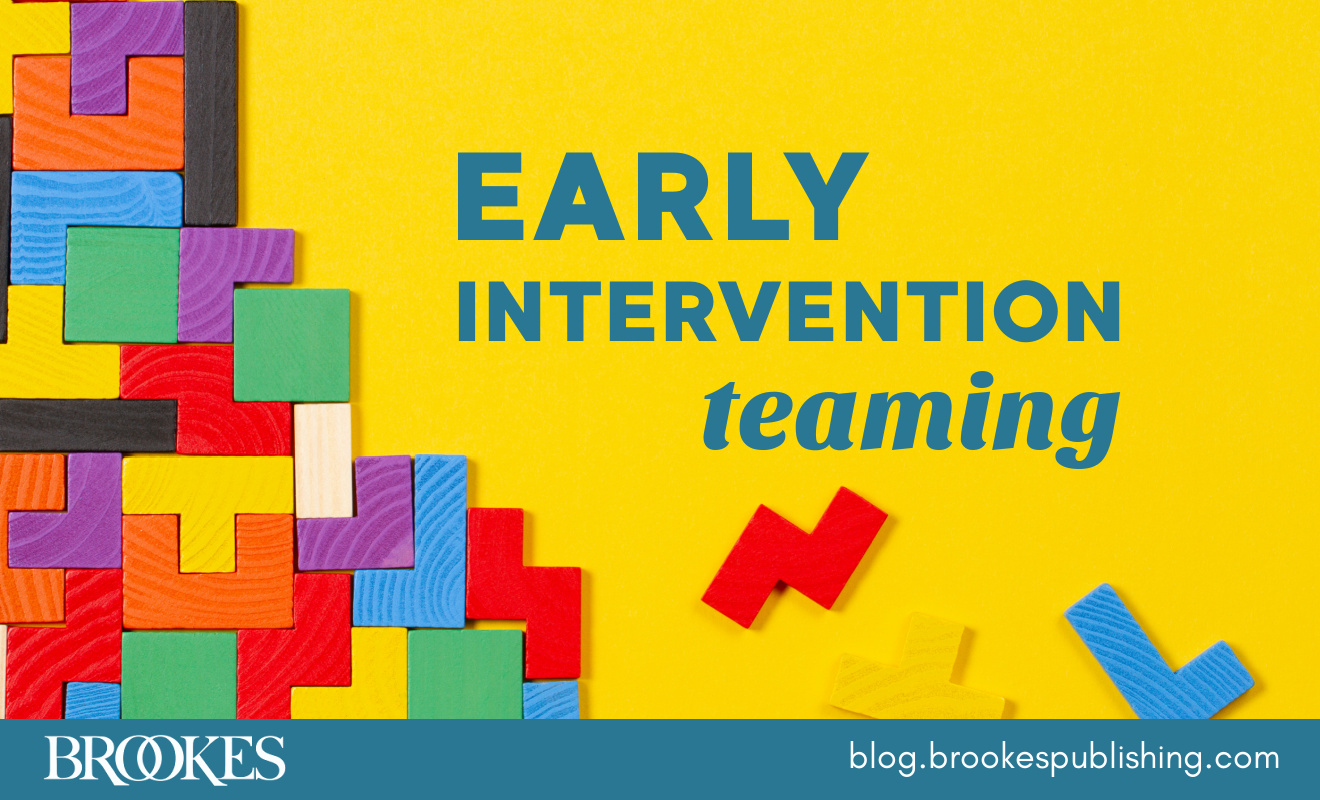
What’s the most effective way to ensure coordinated, family-centered services for young children and families? The primary service provider (PSP) approach to teaming is a… Read More

Positive and supportive peer relationships are important—they can reduce student stress, support mental health, strengthen communication skills, and mitigate negative family and community factors. Today’s… Read More
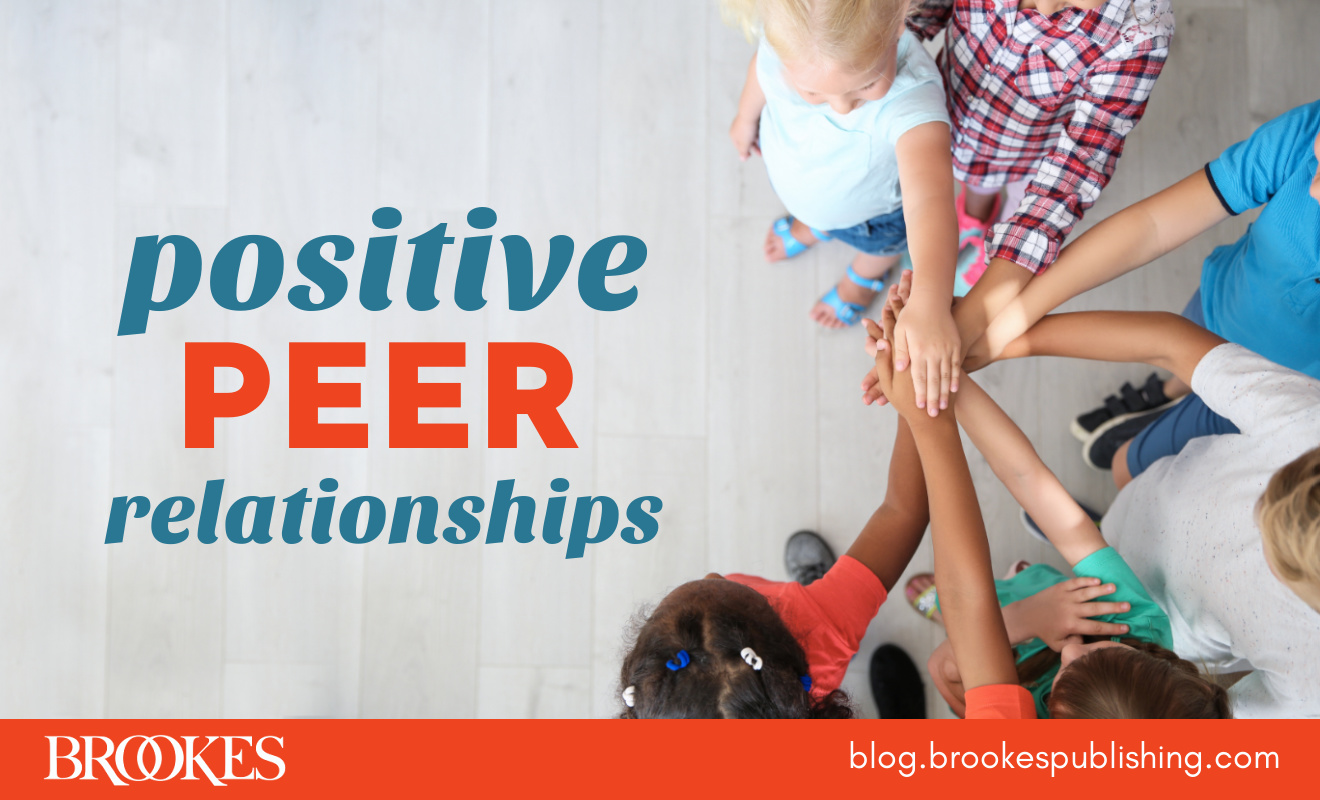
Does your school and classroom environment support multilingual learners (MLs) effectively? Today’s post, a must-read for educators and educational decision-makers, will help schools assess… Read More
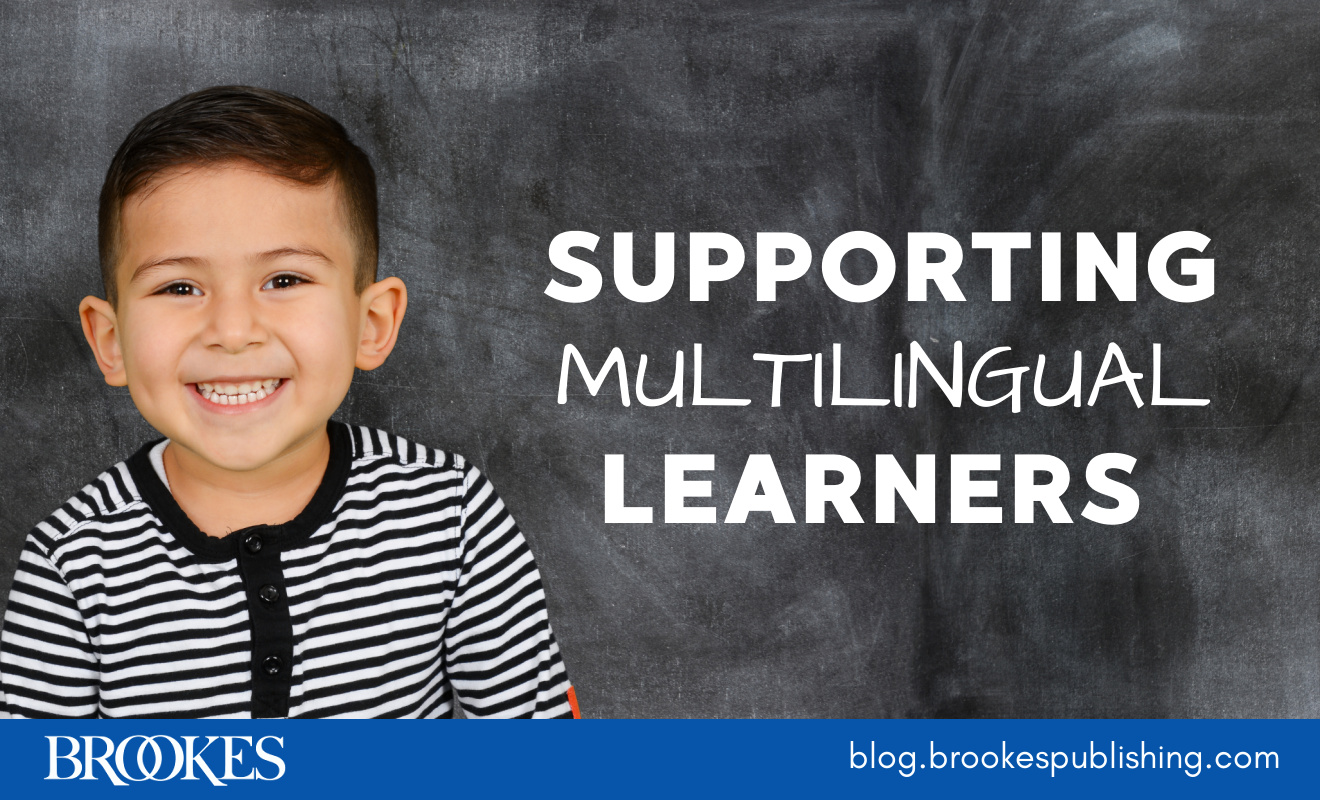
Before the Brookes blog starts its brief summer break, we wanted to spotlight some great books you might want to add to your professional development… Read More
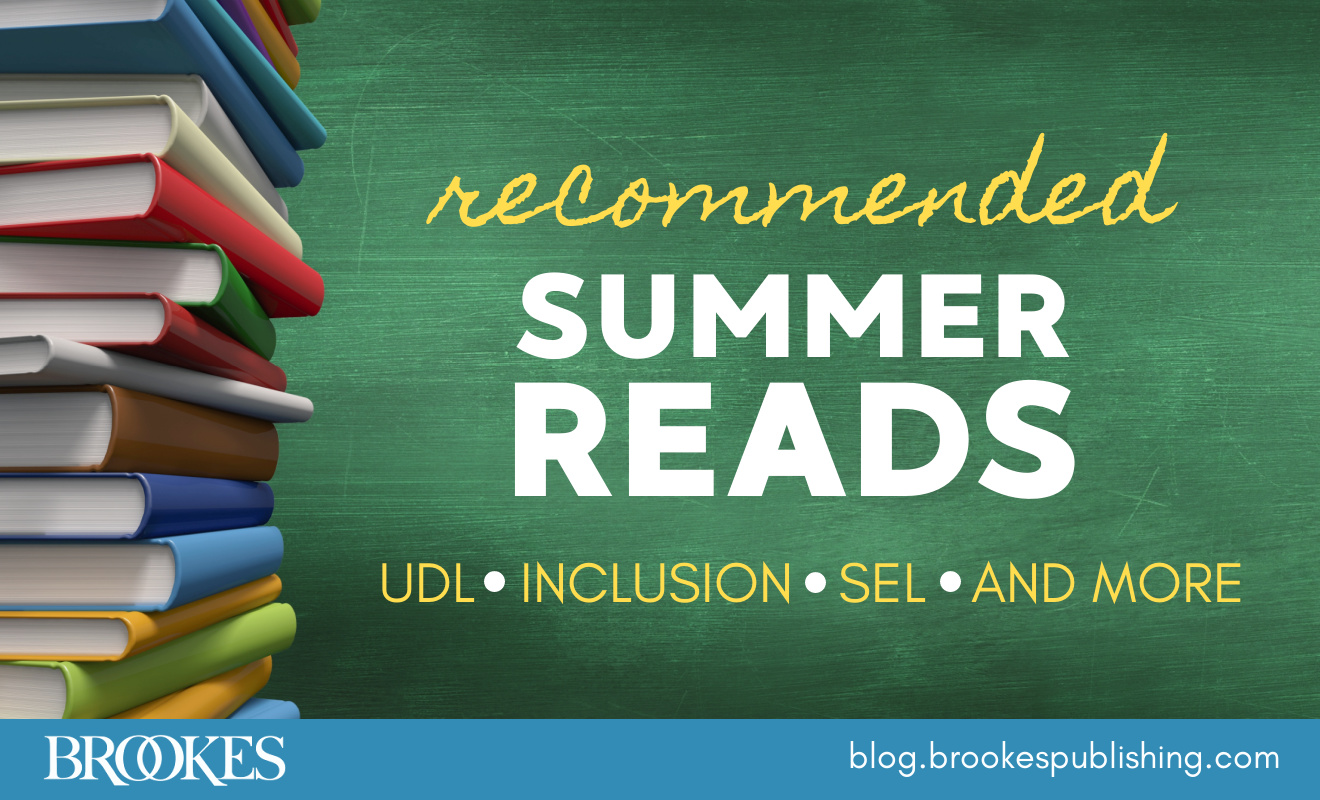
Early spatial development is a critical skill to nurture in young children, whether you’re a teacher or a parent. Mary Jo Pollman, Ph.D., author of… Read More
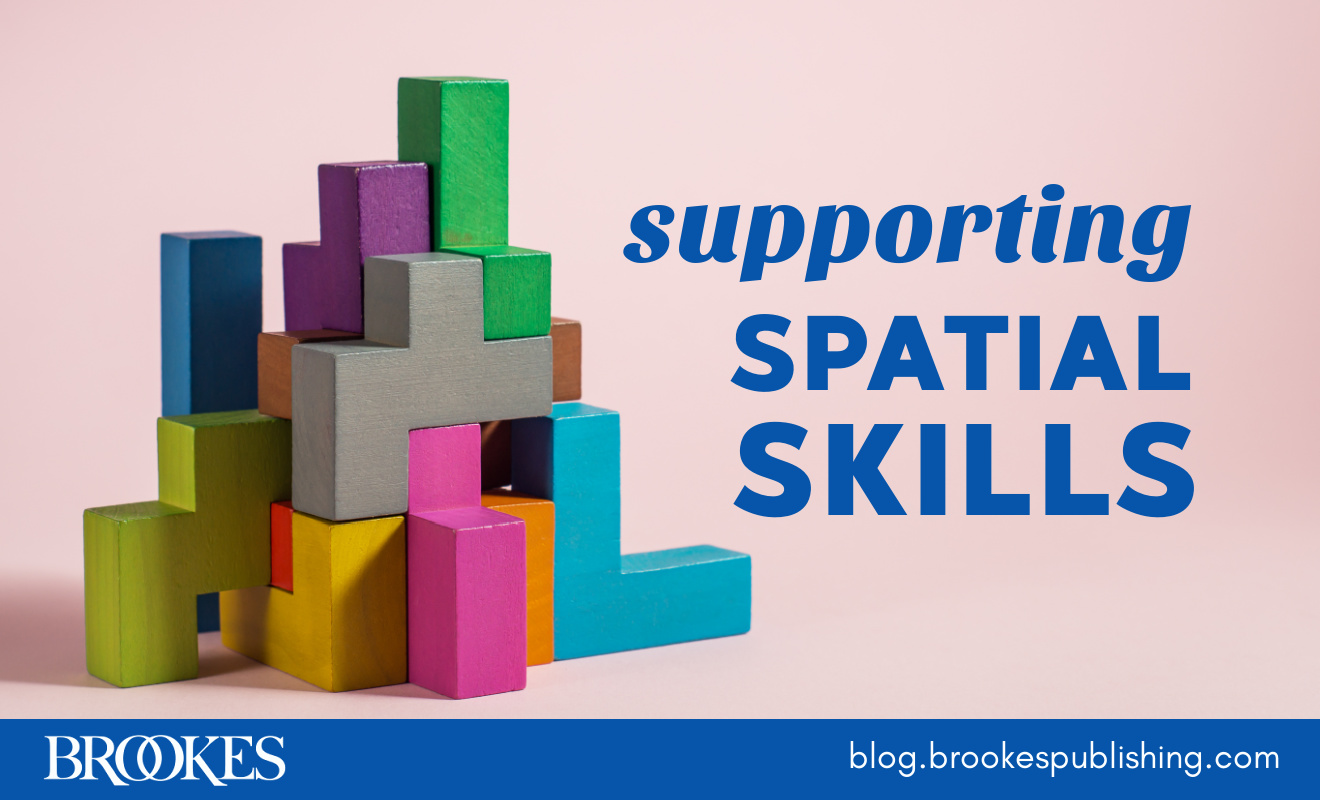
If you’re an SLP, special educator, or reading specialist, you might already use the Test of Integrated Language & Literacy Skills™ (TILLS™). Read More
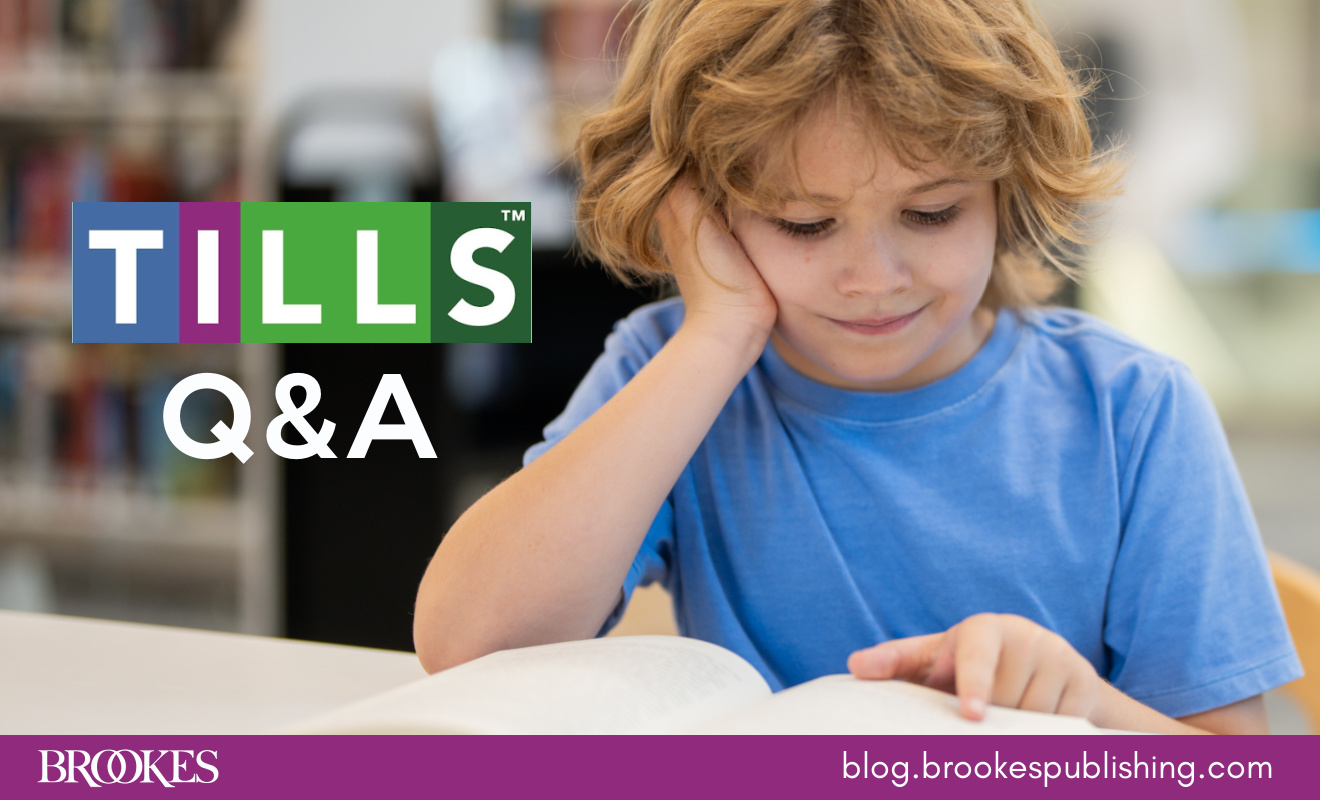
As students with disabilities approach adult life beyond high school, they’ll need critical self-determination skills to identify their dreams and goals and advocate for the… Read More
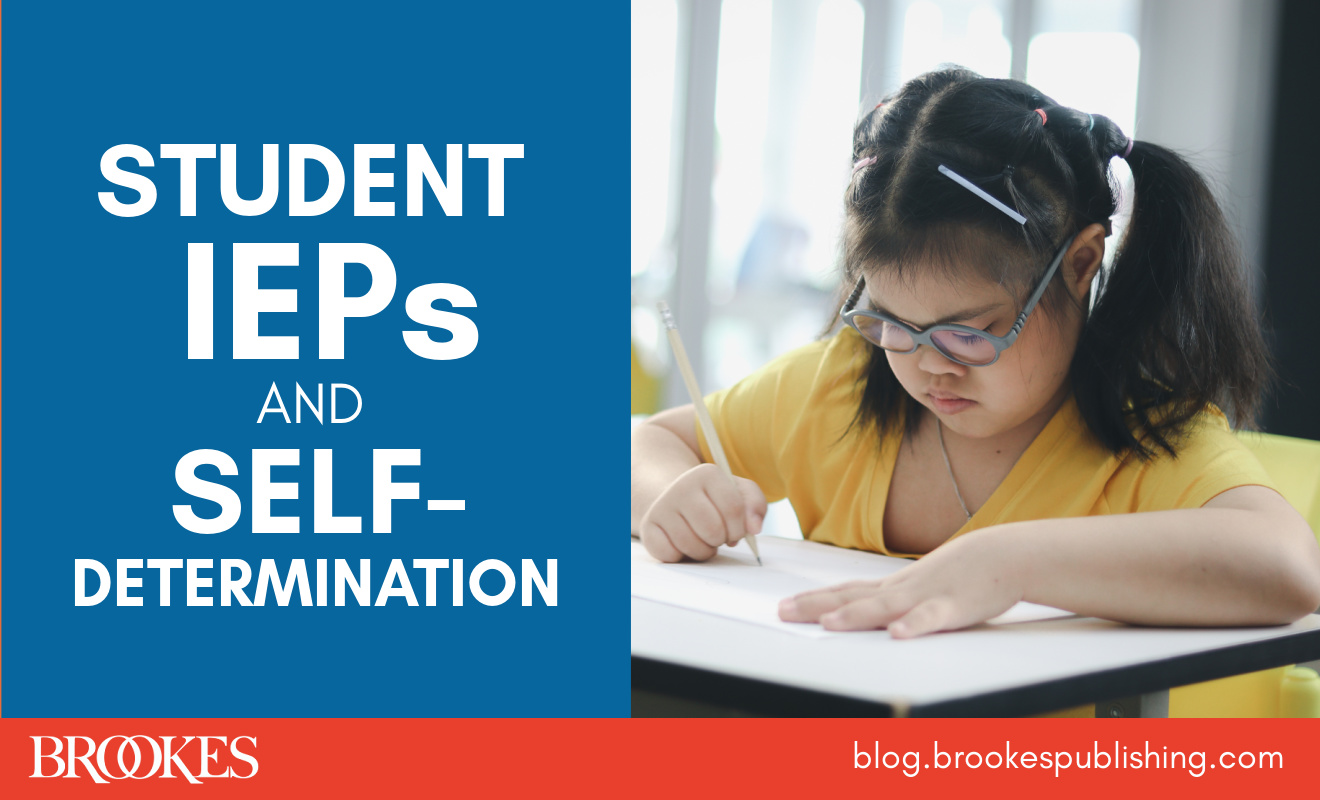
For more than a decade, early childhood educators have been using the Pyramid Model for Promoting Social Emotional Competence in Infants and Young Children to… Read More

Offering a wide range of benefits for students with and without disabilities, peer support arrangements are one effective strategy for supporting authentically inclusive education. Read More
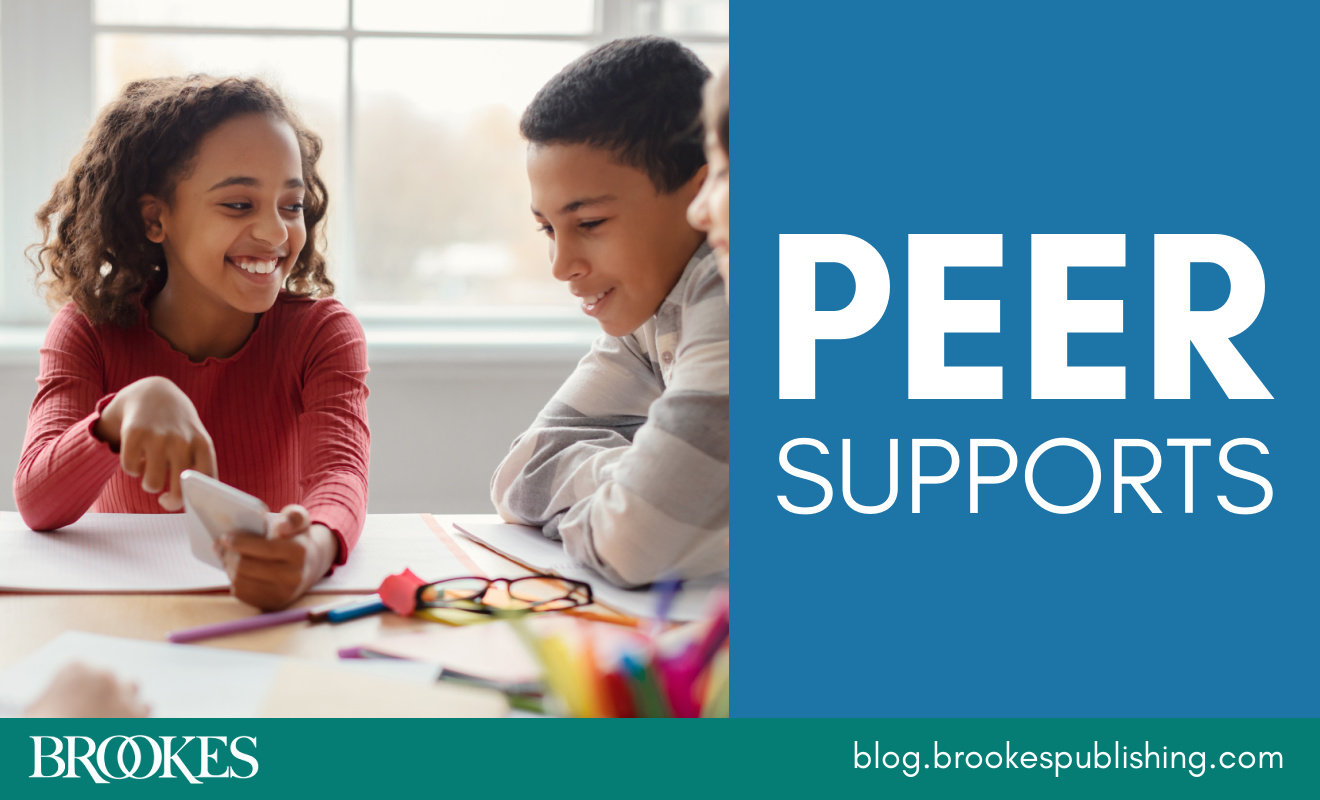
At Brookes, we believe that science-based reading instruction is essential to students’ academic success (that’s why we publish evidence-based resources on applying… Read More
